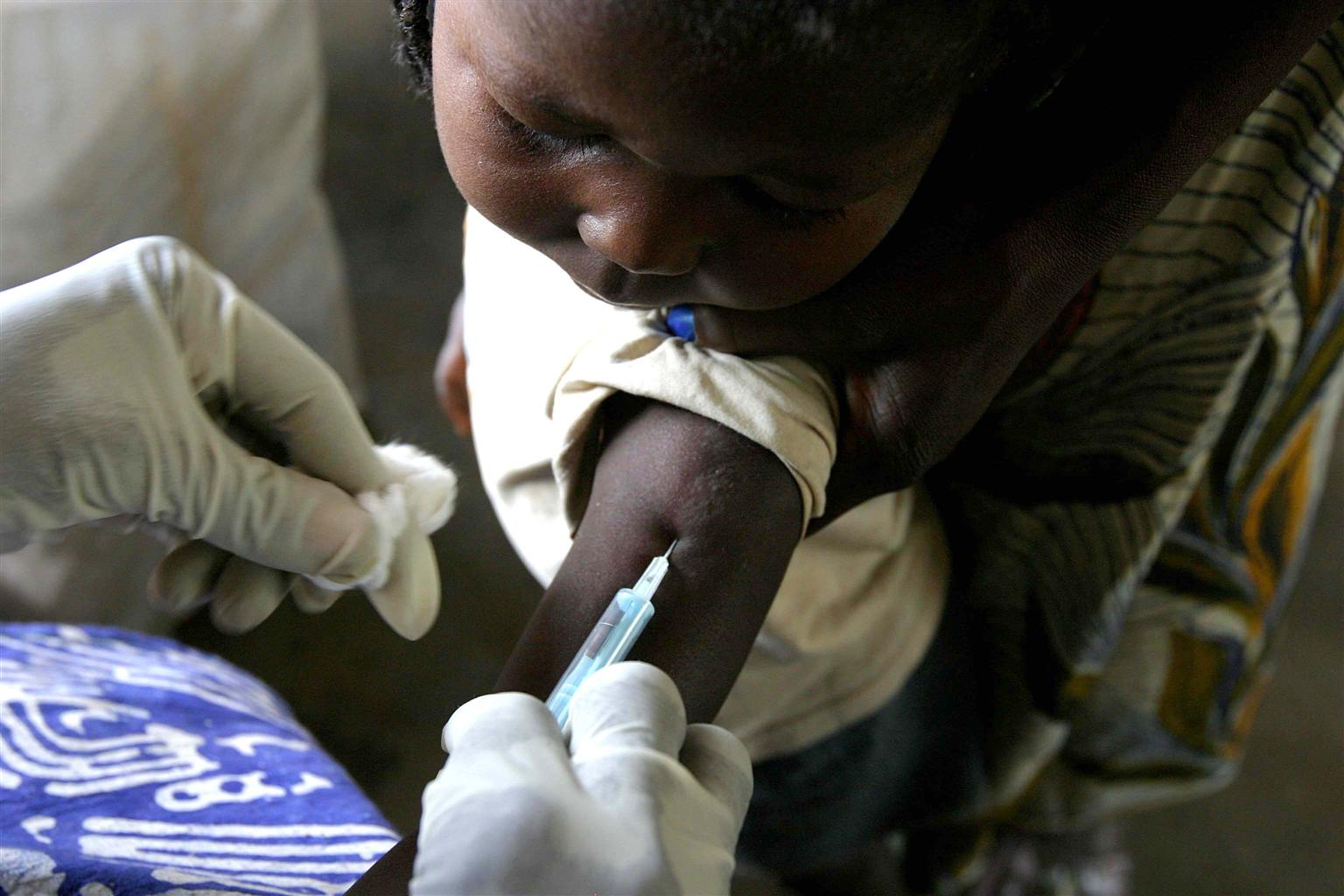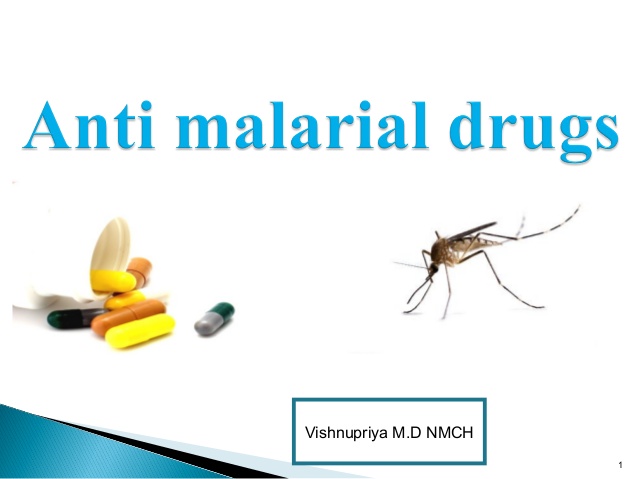
UNICEF To Vaccinate 3.8m Children Against Measles Across Northern States
The United Nations Children’s Fund has disclosed that no fewer than 3.8 million children will be vaccinated against measles across four northern states.
The Health Officer at UNICEF’s Bauchi Field Office, Patrick Akor, announced this at a press conference in Bauchi on Friday, stating that the vaccination exercise would commence on Saturday and would last for seven days.
He highlighted that the four northern states where the integrated measles campaign will take place are Adamawa, Bauchi, Gombe, and Plateau.
According to him, “For the measles campaign, we have a target of 3.8 million children aged nine to 59 months across the four states.
“We have received over 4 million doses of measles vaccines, which have been supplied across these four states.”
The health officer further explained that UNICEF will also launch an oral vaccination campaign against polio across five northern states.
He said, “For the oral polio vaccination, we have a target of 6.8 million children aged zero to 59 months, which is under five years, across the five states of Taraba, Plateau, Bauchi, Gombe, and Adamawa.
“The total number of vaccines that have already been delivered is 7.4 million doses across these five states.
“We are aiming to ensure that no child is left behind; all children of eligible age should be reached and vaccinated.”
Akor urged media practitioners across the states to help disseminate the message to the general public, especially to people in grassroots areas.
Also speaking, a Social and Behavioural Change Specialist at UNICEF’s Bauchi Field Office, George Eki, emphasised the importance of UNICEF’s support to the Nigerian government in protecting children against measles and other vaccine-preventable diseases.
He explained that over the last few months, the UNICEF Bauchi Field Office, alongside other partners, has been working with the government, starting with the National Primary Healthcare Development Agency and extending to the state agencies, to ensure that different aspects of the campaign are covered.
“There is logistical support we provide to the states. We have made vaccines available across the states for the campaign, and some other commodities are also made available through UNICEF’s support.
“The cold chain system that supports the cooling and storage of vaccines has also been provided by UNICEF.
“More importantly, advocacy, communication, and social mobilisation are core areas of UNICEF’s mandate in this exercise, where we provide support to all the states to ensure that people are informed about when the campaign will happen.
“Through this, people also learn about the age bracket of children eligible for vaccination, as well as where to go or how to receive the vaccine,” he noted.




